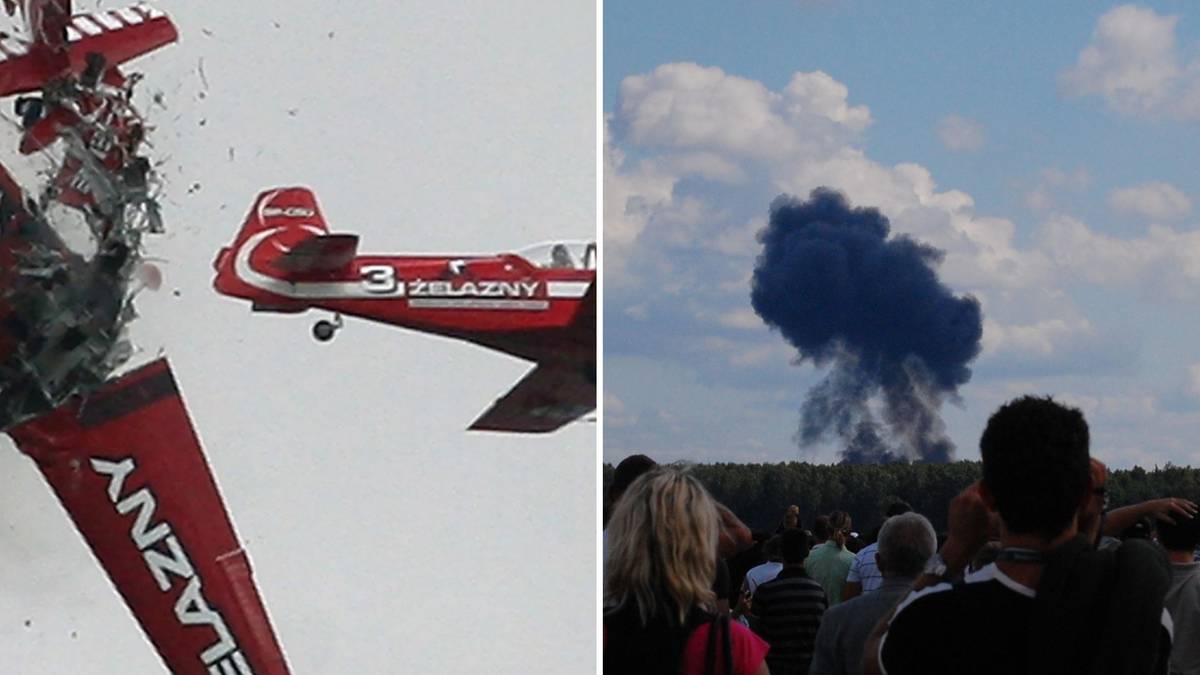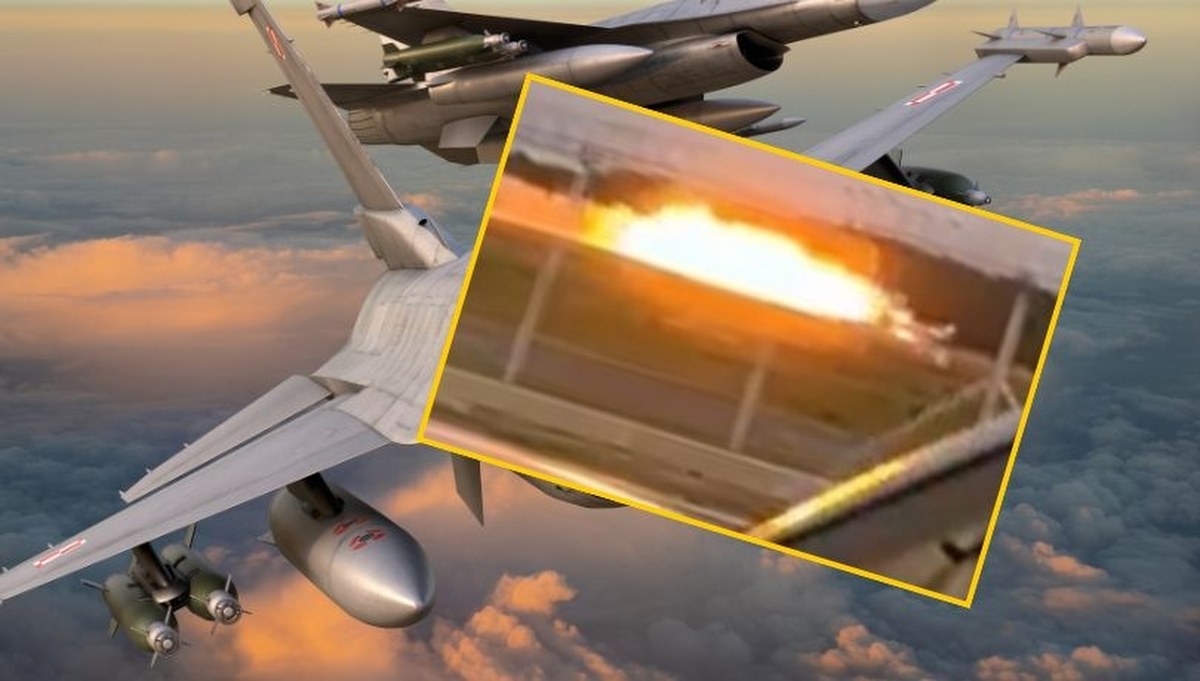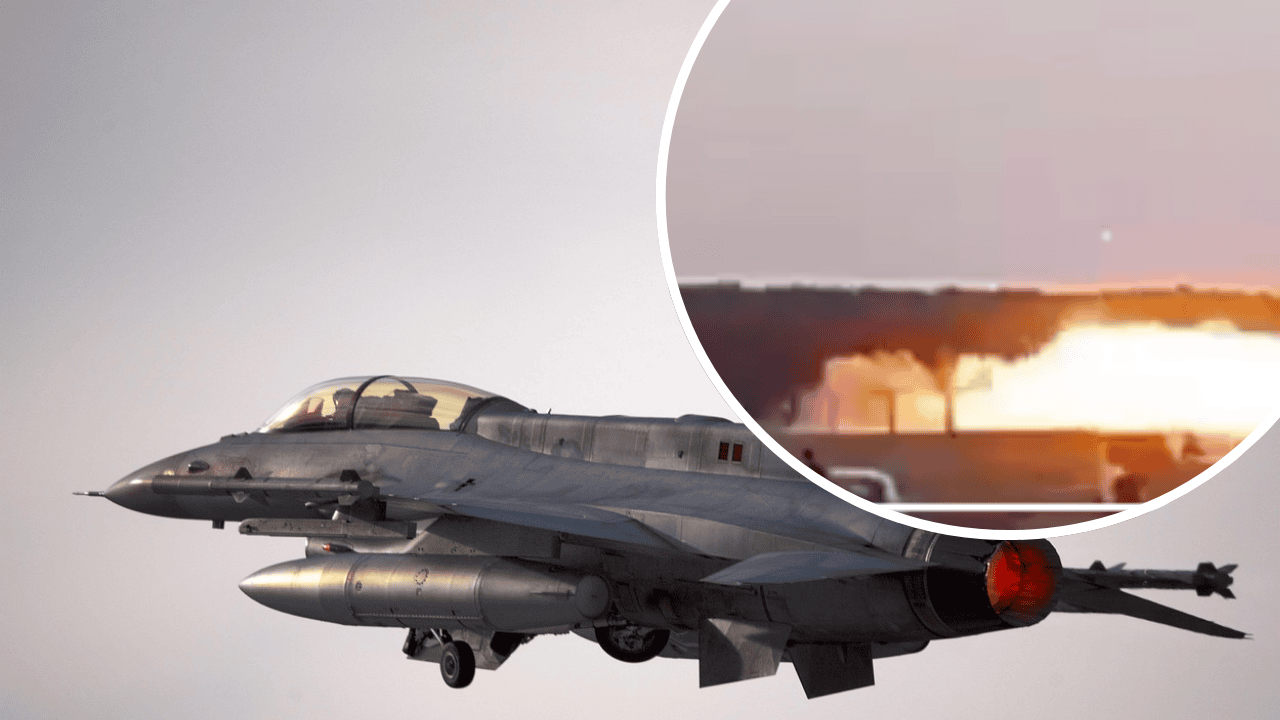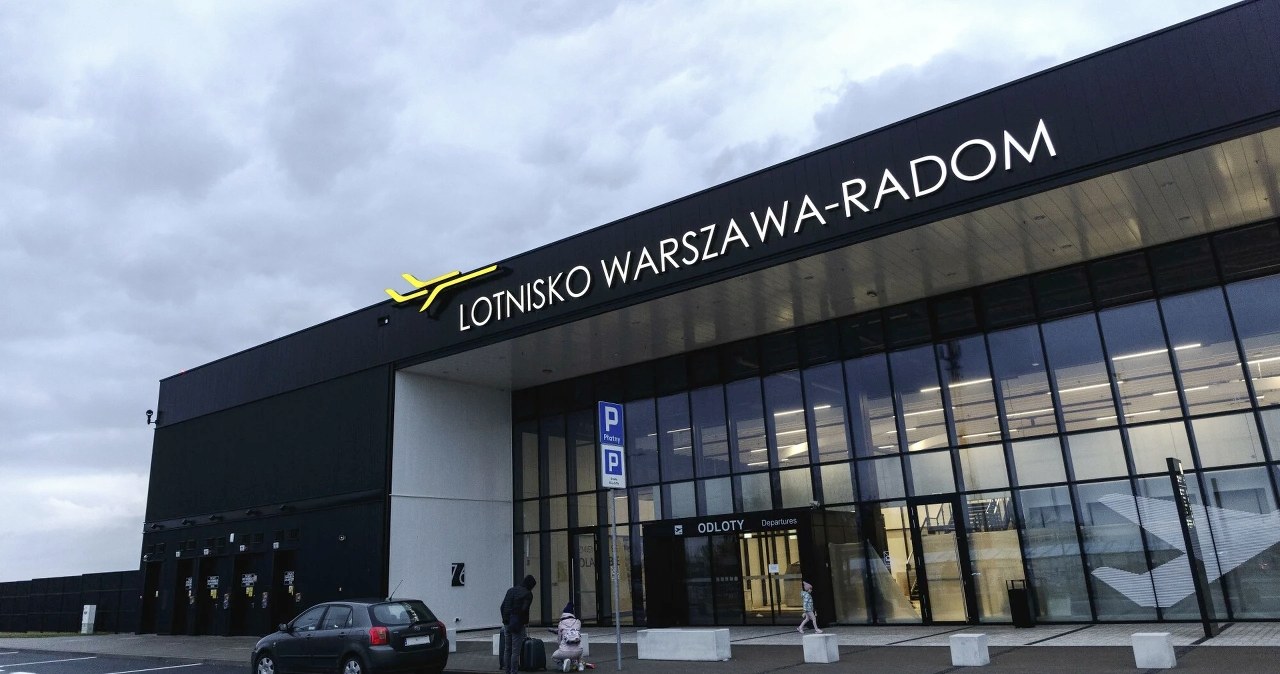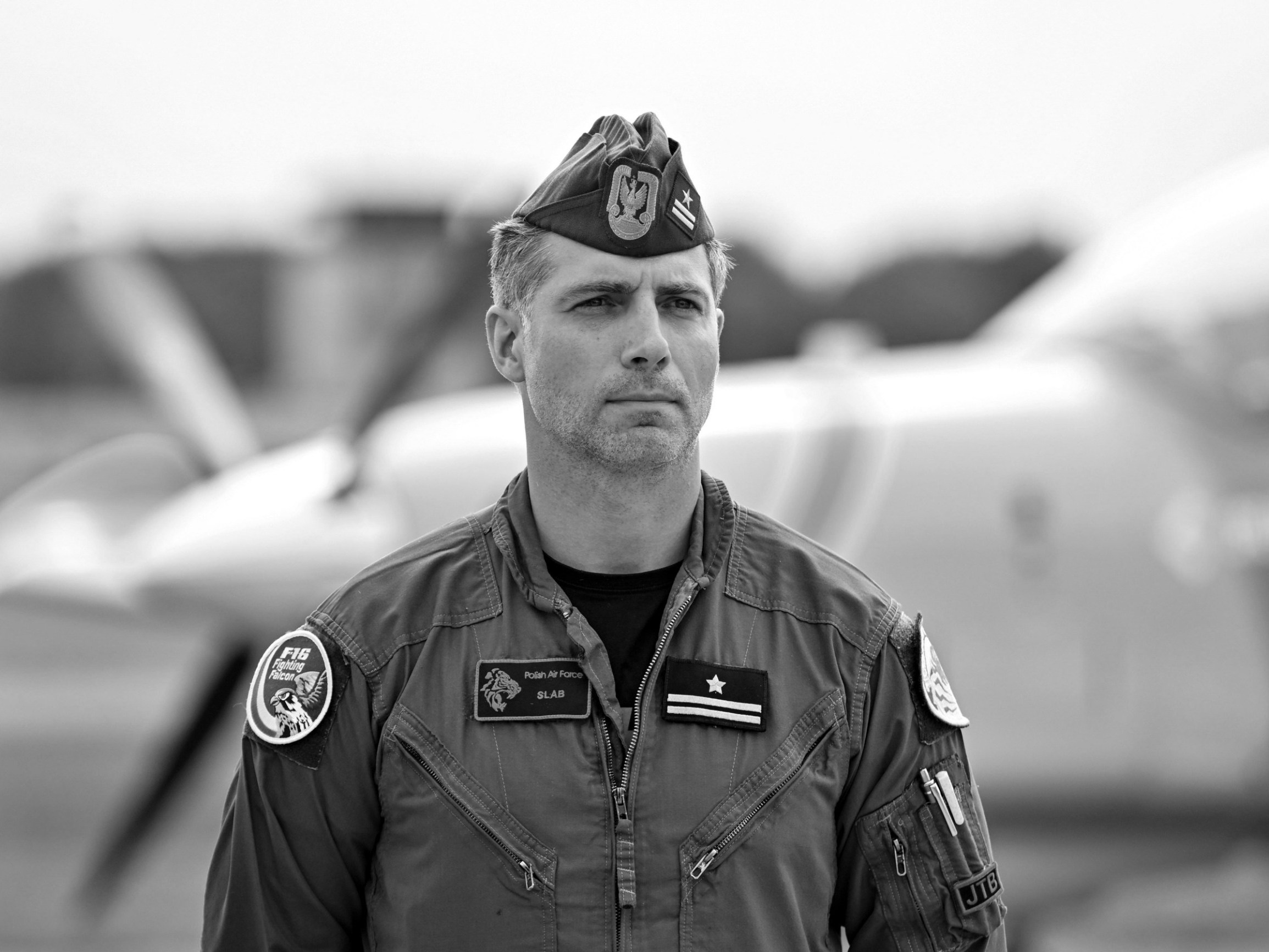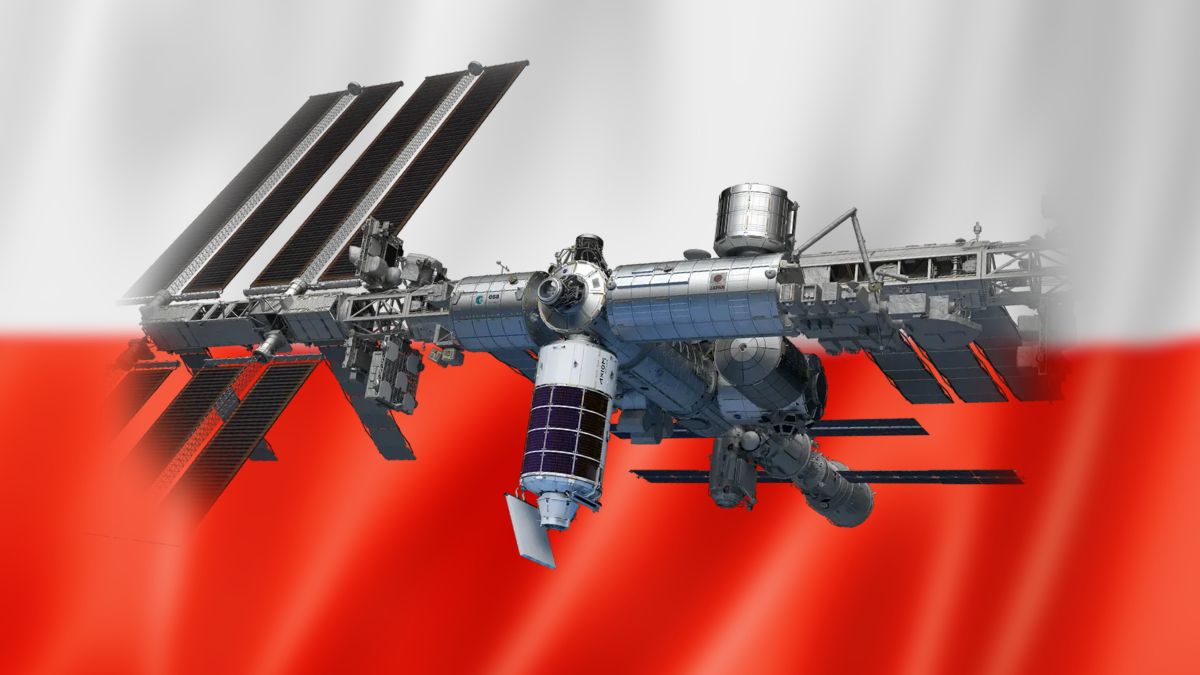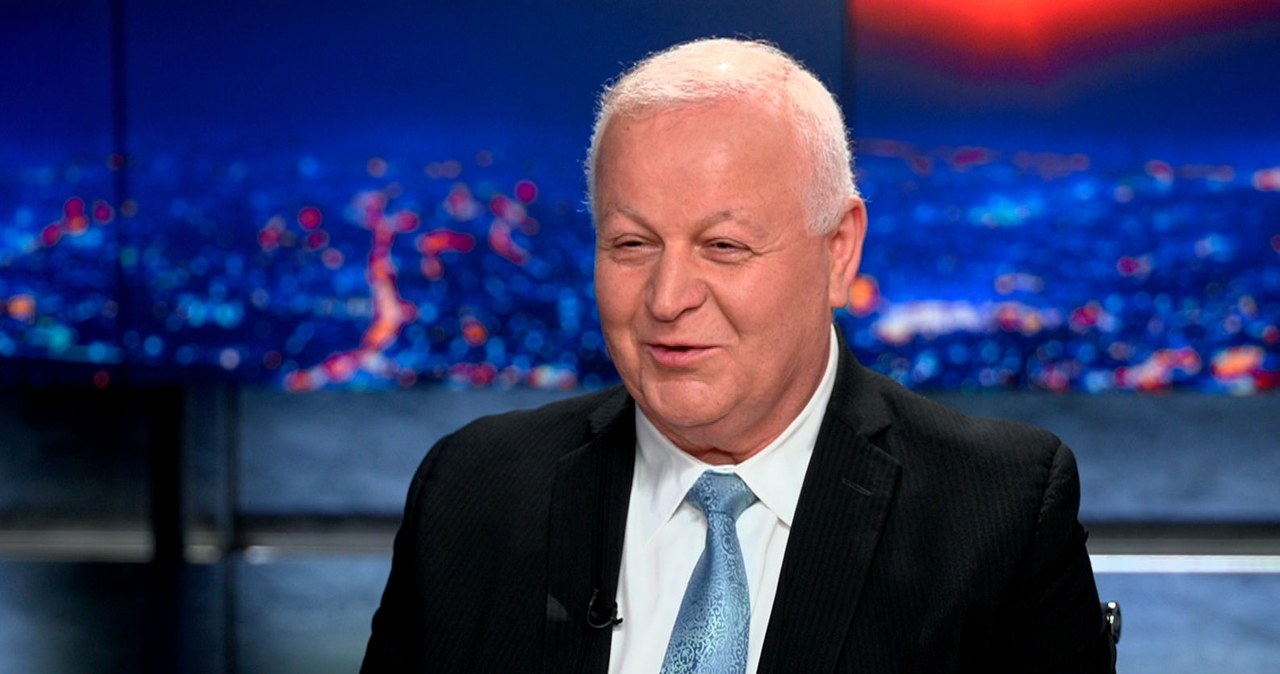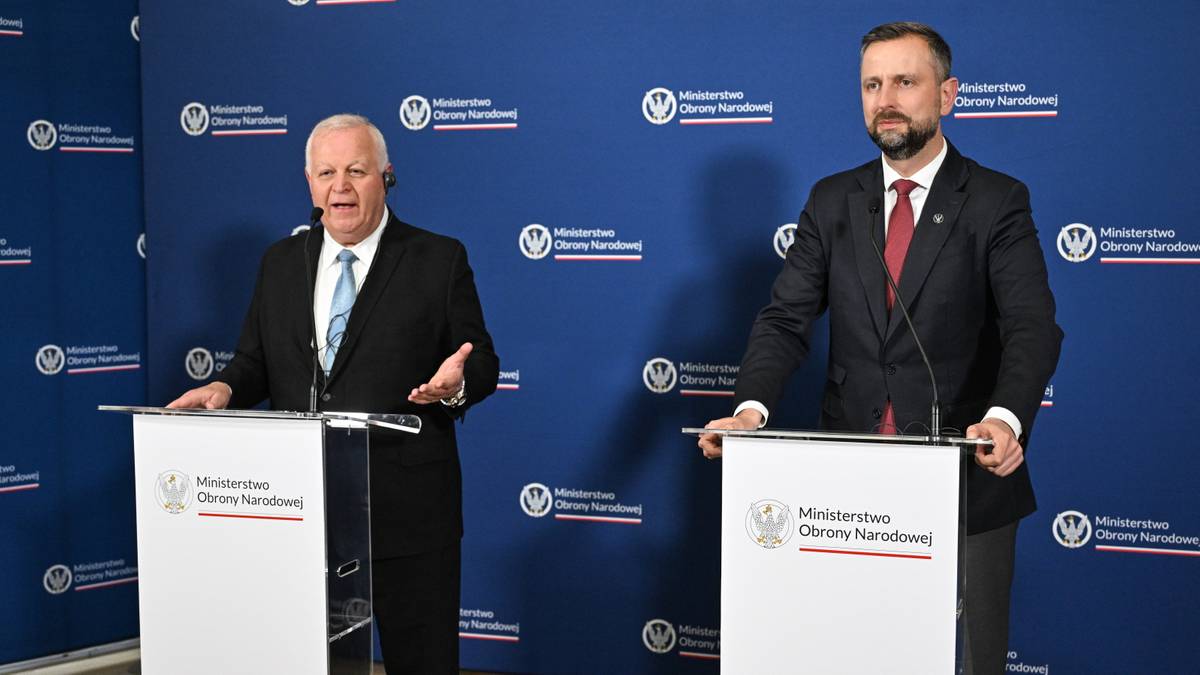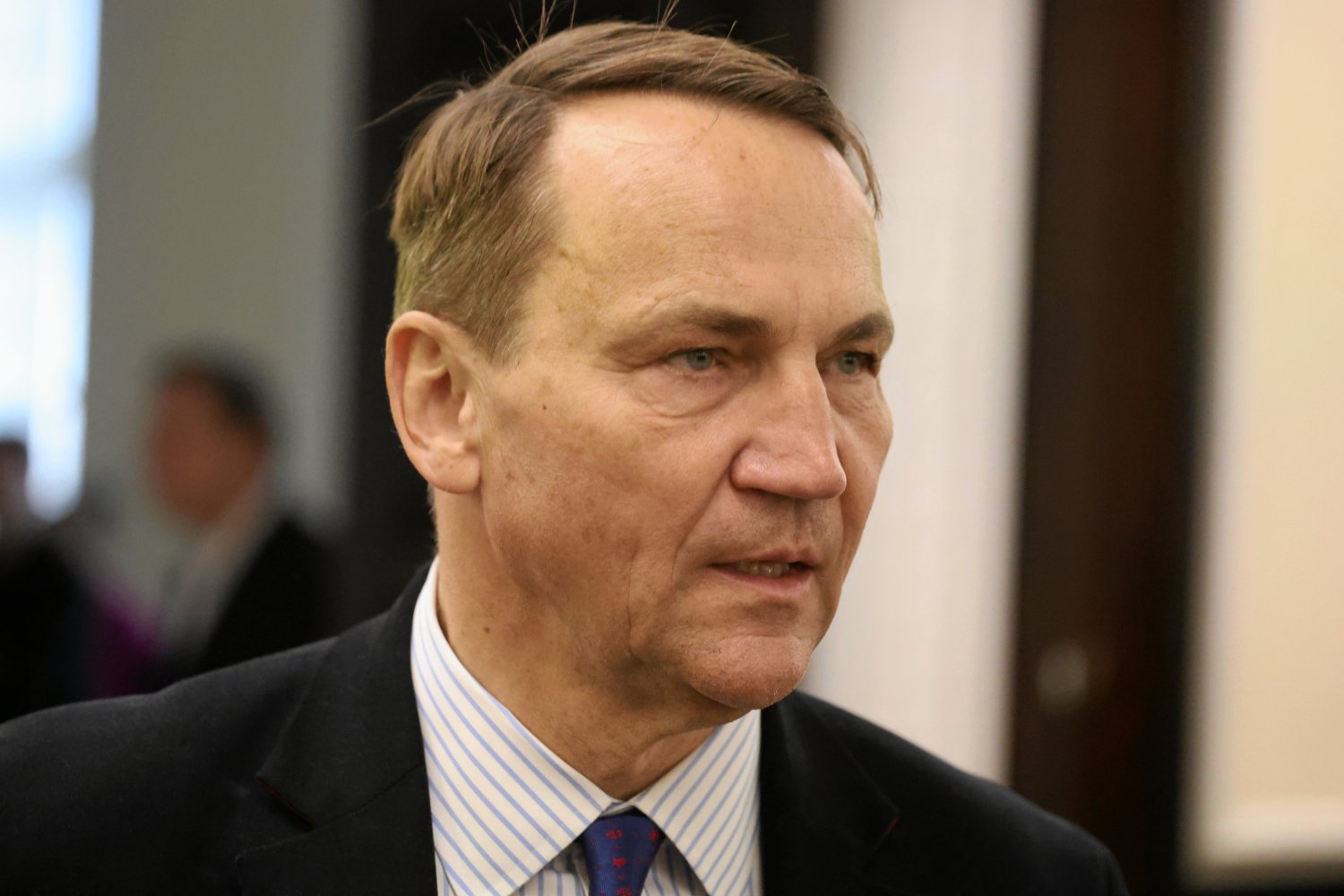This is Europe's most costly individual arms project, with a cost of at least EUR 100 billion: "Future Combat Air System" (FCAS) is to combine a fresh European fighter with a fleet of drones, controlled from a European defence cloud, starting in 2040.
– It is simply a alternatively flying combat system, says German safety expert Christian Mölling in a conversation with DW. Objective: Greater independency from the United States and the F-35 combat aircraft produced there with stealth technology.
However, the aircraft is the subject of a dispute between the Dassault companies active in France and Airbus in Germany and Spain.
Pressure from the French concern
The situation escalates so much that the leaders must step in: unexpectedly French president Emmanuel Macron and German Chancellor Friedrich Merz will arrive on 29 August for the gathering of the French-German safety and Defence Council to be held in Tulon, confederate France. The Council shall meet twice a year, usually without much public interest.
However, he is above all the president of the French aircraft manufacturer. Dassault has exerted tremendous force in fresh months. This company produces key components for the French atomic deterrence system, which is the basis for the country's military independence.
In July, Chief Dassault Éric Trappier played the national card before the French Parliament's defence committee: any have argued that the "weakening of this independence", as is the case with the FCAS project, is "not so harmful" due to the fact that it is balanced by the common dependence of European partners. But according to Trapper, "when you take that step, there's no turning back."
Airbus demands participation in production
Therefore, we must carefully consider "what we leave to our allies". This is simply a strong thing for the supporters of the European arms industry. Politicians must decide with whom France will build a fresh generation fighter.
In turn, the European aviation company Airbus demands the same voting right. Airbus produces a German air force fighter in Germany, Eurofighter, and does not want to be driven out of this business.
– It's something Germany is doing very well and they want to keep it," said DW's arms expert Emil Archambault of the Think Tank DGAP (German abroad Policy Association) in Berlin.
Negotiations on a prototype fighter
The reason for the escalation of the German-French dispute is now the fact that in the background there are negotiations of agreements on the next, second phase of the project: the construction of the first prototype aircraft, which will be the heart of the fresh system. Dassault wants even more decision-making power on this issue than before.
According to DGAP investigator Emil Archambault, an accurate division can be changed. "So that France builds most of the aircraft", and another areas in Germany and Spain have gained importance. But it can be very complicated. It is not only the main companies, but besides the medium-sized suppliers. The question arises: who does precisely what and who coordinates it – says Archambault. In an advertising movie on the Internet, at least Airbus is trying to make an impression of a technological leader.
The expected political signal in Tulon
Emil Archambault, however, does not anticipate anything more than a "political signal" that France and Germany will proceed the task during the Macron and Merz gathering in confederate France. It is hard to anticipate talks about the details of the agreement until the 3rd partner – Spain – sits at the negotiating table.
However, it is urgent time: during his visit to Berlin in July this year, French president Emmanuel Macron agreed with Chancellor Friedrich Merzem that their defence ministers should present a final solution as early as autumn. Otherwise, the start of the second phase of the task next year will be unrealistic.
At the moment, however, the German Chancellor most likely has better arguments, especially more money. France is profoundly indebted and the government may face a collapse if it does not get a majority vote for the adoption of the budget.
– A peculiar feature of Germany is that they are in an exceptional situation where they do not presently request to prioritise between short-term and long-term arms projects, as defence spending is excluded from debt constraints, says safety expert Christian Mölling.
Quick reinforcement of Germany more important?
In the context of the threat from Russia and the aggressive Moscow war in Ukraine, Germany has a "very short-term arms program, which is that we buy more of what we already have and what works. And then there are future projects, specified as FCAS, which are not so crucial at the moment," says Mölling. It can besides imagine that the FCAS task will be truncated or spread over time.
However, a change of position could possibly aid in an acute dispute with French aircraft maker Dassault. “Even if any do not want to hear it,” says Mölling, referring to France’s pride in its own production of combat aircraft, the aircraft, or hull, is not the most crucial technology in the FCAS. In his opinion, drones, alleged carriers, or possibly even more important, are the "Compat Cloud", or software combining all combat systems.
More crucial than a fighter
According to Mölling, this is what is now seen in the case of Ukraine's defence, where drones play a key role. These are not the only drones that aid Ukraine in defence combat, but a combination of all information: pictures from drones, satellites, reconnaissance.
– In fact, it is simply a key issue to master, especially if you want to become independent of the Americans," he says. And that's what everyone else wants.
Mölling so believes that FCAS is not doomed to fail. As he says, the president of France and the Chancellor of Germany make it clear: "It cannot die, so if both of them come to Toulon, it will be a certain boost of energy, a clear political signal – for the future of FCAS. Someday.
Friedrich Merz announced on Wednesday, August 27, in Berlin that the FCAS decision would be made by the end of the year.

